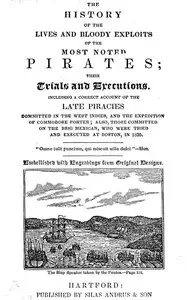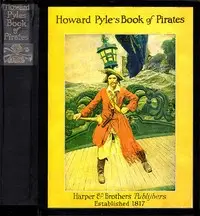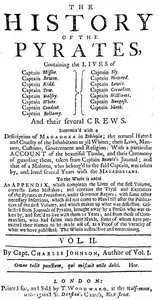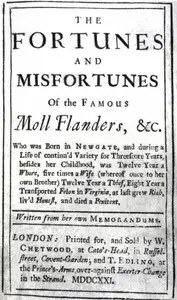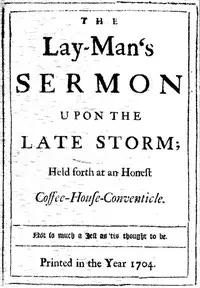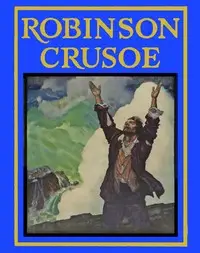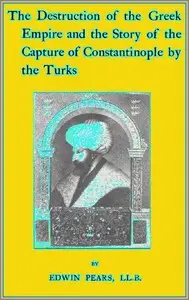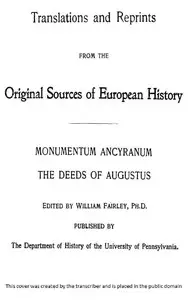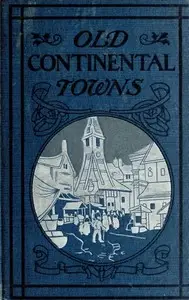"A General History of the Pyrates" by Daniel Defoe is a historical narrative that chronicles the emergence and escapades of famous pirates, with an emphasis on daring figures like Mary Read and Anne Bonny. This book aims to capture the captivating and merciless realm of piracy, chronicling the achievements of these seafaring outlaws and the repercussions of their actions. The beginning gives a thorough rundown of piracy's setting and complexities, going over its past effects and the settings that let it grow, especially in the Caribbean. It pinpoints several main drivers behind the rise in pirates, such as lots of empty islands providing hideouts and needs, as well as valuable trade lines ready to be robbed. It showcases old pirate stories from Roman times, setting the scene for a closer look at key people and happenings that will be logged later on. It creates the mood and plan, promising a mix of truth and adventure as it paints a picture of pirate life.
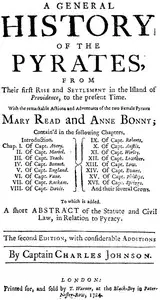
A General History of the Pyrates: from their first rise and settlement in the island of Providence, to the present time
By Daniel Defoe
Enter a world of ruthless sea bandits, hidden islands, and daring heists as a historical account unveils the truth behind piracy's most infamous figures.
Summary
About the AuthorDaniel Defoe was an English novelist, journalist, merchant, pamphleteer and spy. He is most famous for his novel Robinson Crusoe, published in 1719, which is claimed to be second only to the Bible in its number of translations. He has been seen as one of the earliest proponents of the English novel, and helped to popularise the form in Britain with others such as Aphra Behn and Samuel Richardson. Defoe wrote many political tracts, was often in trouble with the authorities, and spent a period in prison. Intellectuals and political leaders paid attention to his fresh ideas and sometimes consulted him.
Daniel Defoe was an English novelist, journalist, merchant, pamphleteer and spy. He is most famous for his novel Robinson Crusoe, published in 1719, which is claimed to be second only to the Bible in its number of translations. He has been seen as one of the earliest proponents of the English novel, and helped to popularise the form in Britain with others such as Aphra Behn and Samuel Richardson. Defoe wrote many political tracts, was often in trouble with the authorities, and spent a period in prison. Intellectuals and political leaders paid attention to his fresh ideas and sometimes consulted him.





